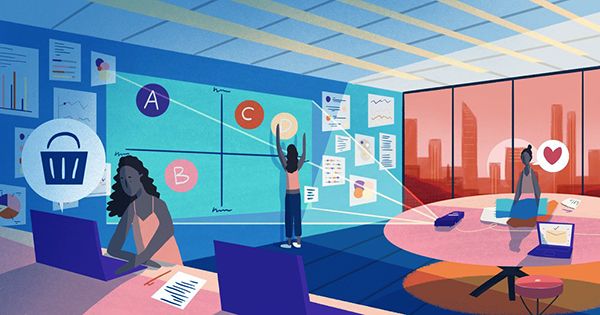A unique product was used to give you at least a few months of lead time compared to other players, but that advantage seems more or less the same – think about how Twitter Space was able to rise to Android before Clubhouse. In this context, how do you stay ahead of your competition when you know it’s just a matter of time before you copy your best features? The solution, says messaging, conversion optimization expert Pip Laza. A strategic description can be a long-term benefit in contrast to features that can be copied and marketed. In the interview below, he explains how and why they should start from their very early days.
Laza is the founder of multiple marketing and optimization businesses: CXL, Spiro and winter. In a recent Twitter thread, he shared simple stories and anecdotes that startups can use, such as “challenging the way things are always done” or “irrationality” and examples of companies implementing these strategies. I told you to. Drift CEO David Batil says it is famous in 2017.
Broadly speaking any startup is competing for innovation or messaging and ideally in both cases. Usually, you want to start with innovation – do something new or something better. But competing for features is a temporary advantage. It won’t last long to do what no one else is doing: sooner or later, you’ll get copies by big players or other startups, so innovation isn’t enough.
Features are a temporary benefit that probably lasts two years, but rarely. Meanwhile, sending the right details and messages can give you long lasting benefits. Storytelling competing startups have a big advantage if they are brave because big companies are optimized to be safe and that means it is often very annoying, but no one will call it that. In contrast, startups can be bold and purposeful polarization.
Ideally, you start with innovation, and at the same time start building your brand. Once the competition has achieved feature parity, people will choose you because of the brand. It’s hard to be consistently better than others, but you certainly can’t be intentionally bad.
















